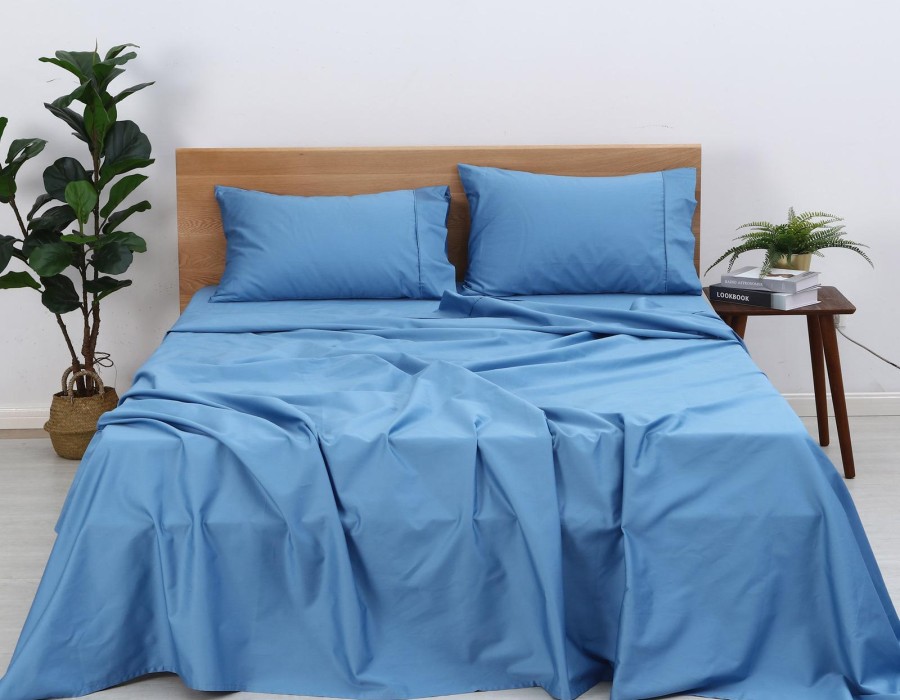Are you looking for a cozy and comfortable blanket to improve your sleep? Look no further than an organic comforter. These lightweight and eco-friendly bedding options provide a soothing hug that helps you sleep better. In this write-up, we'll guide you through choosing the right organic comforter, so you can find the perfect one for your sleep needs.
Consider the Filling Material: The filling material is important for the comfort and quality of your organic comforter. Choose natural and sustainable materials like organic cotton, bamboo, or wool. These materials are hypoallergenic, breathable, and help regulate temperature, so you can stay cozy without getting too hot. Each filling material has unique qualities - cotton is soft and breathable, bamboo wicks away moisture, and wool provides natural insulation.
Determine the Weight: When choosing an organic comforter, think about its weight. A lightweight comforter is great if you want something breathable and less bulky. It feels gentle and cloud-like, making it perfect for warm climates or if you tend to get hot at night. But if you live in colder regions or prefer a heavier blanket, a medium-weight organic comforter might be better. It's important to find the right balance between warmth and breathability for a comfortable sleep.
Assess the Fill Power: The fill power of a comforter refers to how well it insulates and retains heat. A higher fill power means better insulation. For maximum warmth and comfort, choose an organic comforter with a higher fill power. This keeps you snug and cozy without feeling weighed down. Keep in mind that higher fill power may make the comforter thicker and heavier, which may not suit everyone.
Check the Organic Certification: To ensure your organic comforter is genuine and high-quality, look for certifications like Global Organic Textile Standard (GOTS) or Organic Content Standard (OCS). These certifications guarantee that the comforter is made from organic materials and meets strict ecological and social standards. Choosing a certified organic comforter means you've made an environmentally conscious decision. It also ensures that no harmful chemicals or pesticides were used during production, creating a healthier sleep environment.
Consider Your Allergies: If you have allergies or sensitivities, it's important to choose an organic comforter that is hypoallergenic. Look for comforters labeled as "hypoallergenic" or "allergy-friendly." These comforters are designed to resist common allergens like dust mites, mold, and mildew, creating a healthy and peaceful sleep environment. Hypoallergenic comforters are often made from materials that naturally repel allergens, reducing the risk of allergic reactions and improving sleep quality.
Evaluate Maintenance and Care: Before making a final decision, think about the maintenance and care requirements of the organic comforter. Some comforters can be machine washed, while others may need dry cleaning or specific care instructions. Make sure the comforter's care requirements match your lifestyle and preferences, so it's easier to keep your bedding clean and fresh.
Conclusion
Choosing the right organic comforter can greatly improve your sleep quality and overall well-being. By considering factors like filling material, weight, fill power, organic certifications, allergy-friendly options, and maintenance requirements, you can find the perfect organic comforter for your preferences and needs. So, make an informed choice and invest in a high-quality organic comforter. And remember, Sleep & Beyond is a trusted brand that offers a wide range of premium organic comforters and sleep essentials.
This article was originally published by dribbble.com. Read the original article here.





Comments